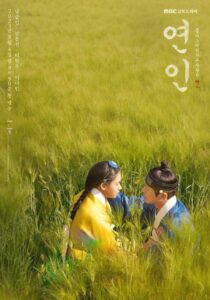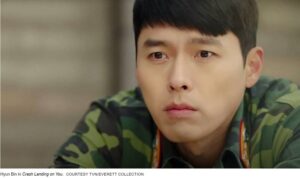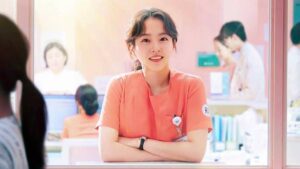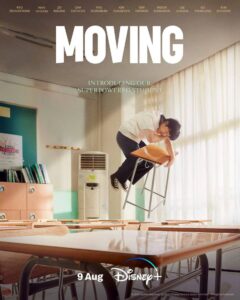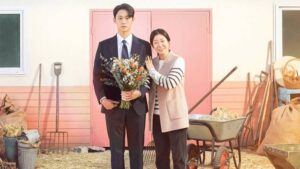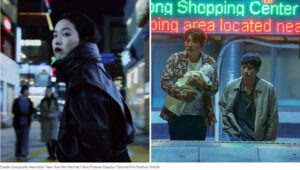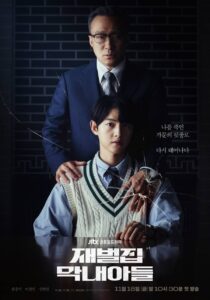The Best K-Dramas of 2023, From “The Glory 2” to “Queenmaker”

What a year for great K-dramas. With so many choices, it was difficult leaving out some of my favorites from this best K-dramas list. As for my top selections, I chose them because each is binge-worthy and features superb acting, well developed storylines that inform and celebrate, and explorations of real-life issues that may be specific to South Korea, but also share universal relevance.
